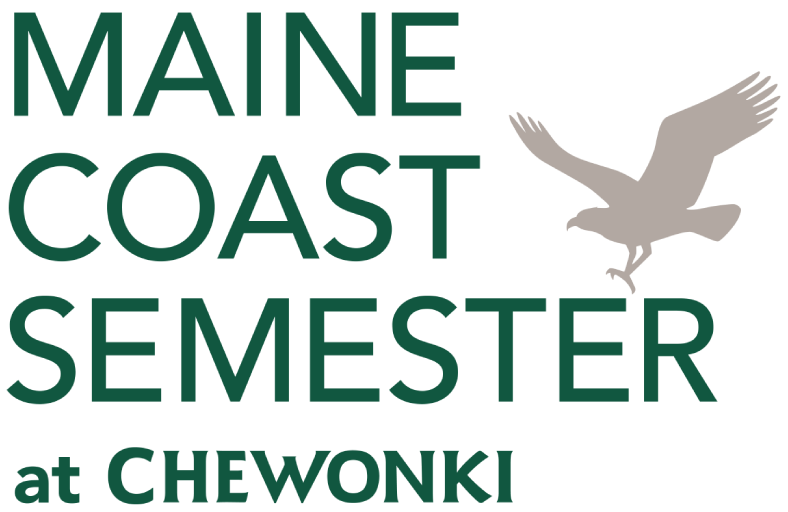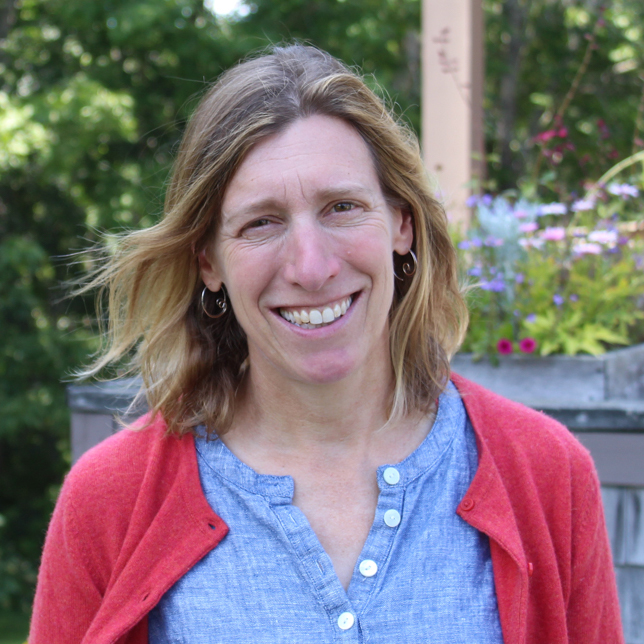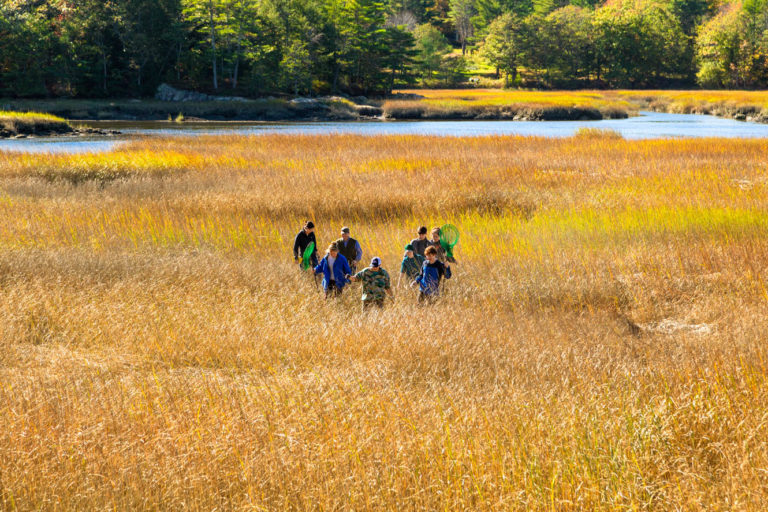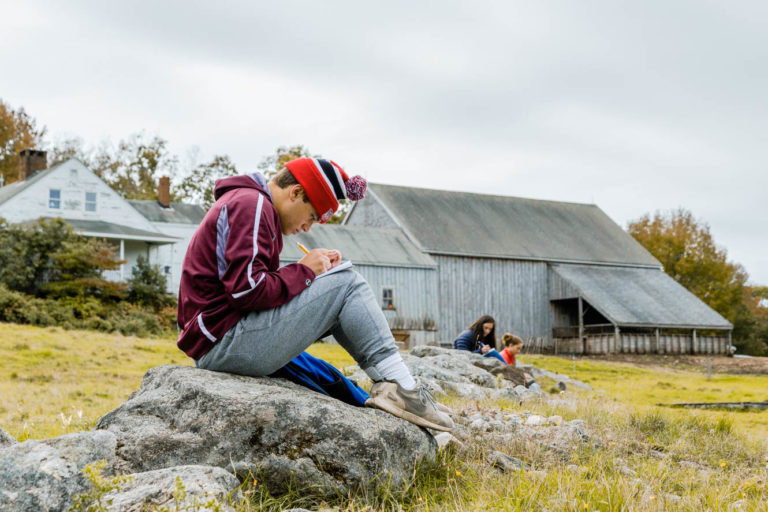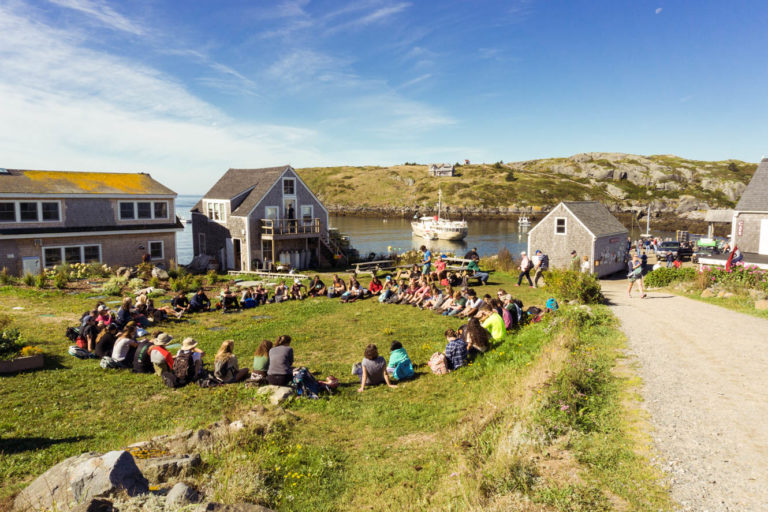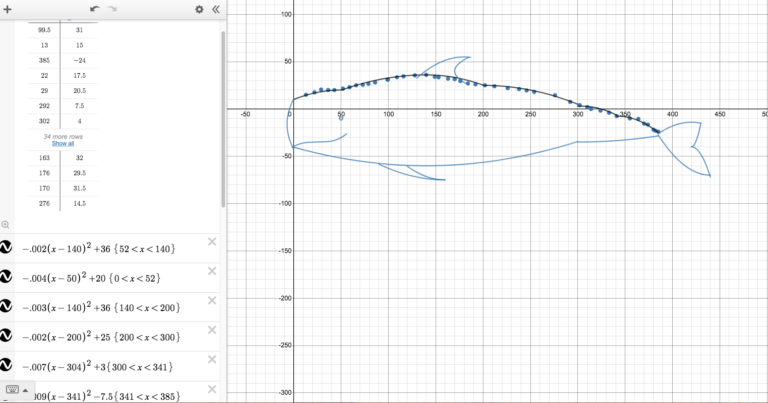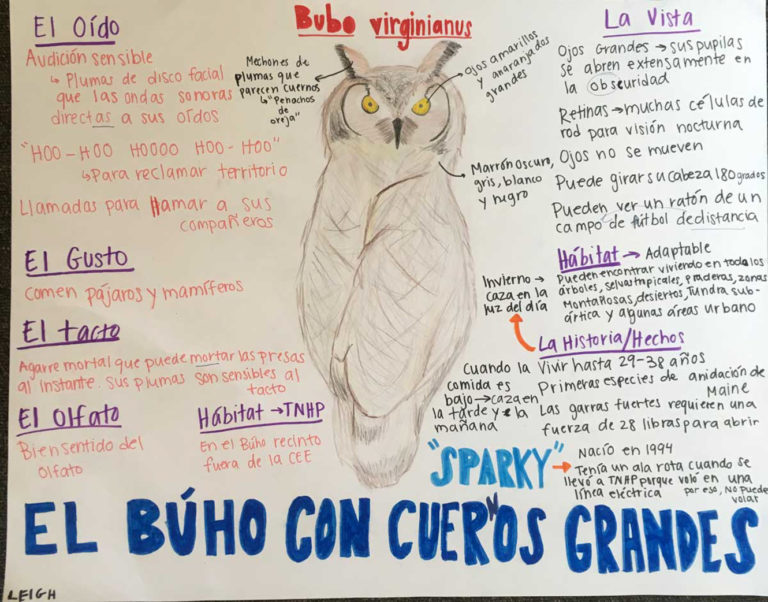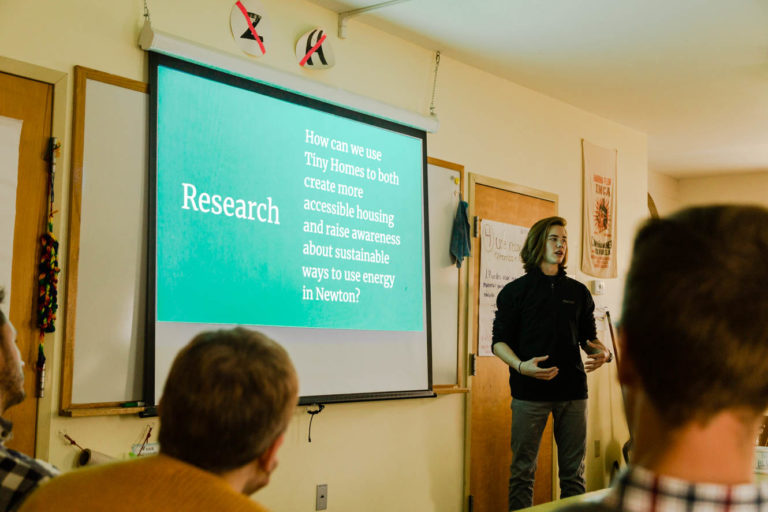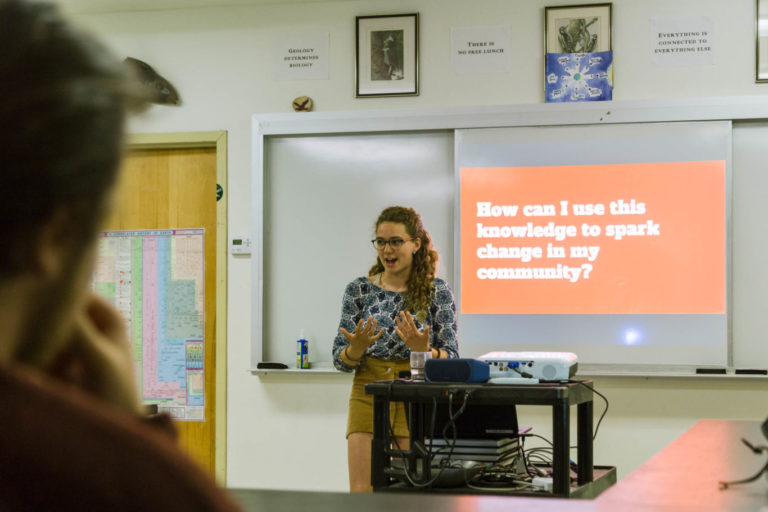English at Maine Coast Semester
Our English curriculum fosters active engagement with a wide variety of literature that explores the relationship between people and the natural world. More specifically, students practice the skills of reading and responding to texts that ask: What is nature? What are our obligations to the natural world, and how do those obligations inform – or conflict with – our obligations to one another? What constitutes a sense of place, and what role does this concept play in developing a sustainable relationship with the land? As we consider the way writers have viewed nature, we examine and shape our own attitudes and beliefs about the relationship between the written word and the world around us. Analytical and creative writing assignments provide opportunities both for analysis of the readings and for introspection.
Literature and the Land (H)
Required, Prerequisite: None
Writer, philosopher, and small-scale farmer Wendell Berry asserts, “If you don’t know where you are, you don’t know who you are.” During our semester together, we will explore this idea of a fundamental connection between self and place. To what degree are we shaped by the places we come from? Given the complex challenges our world faces, it is more essential than ever that we live in right relationship with nature, but what would such a relationship look like? What role can “sense of place” play in forging a just ethic with regard to our communities, both human and beyond? We will reflect, too, on personal and immediate topics: what is happening here at Chewonki, and how do our individual experiences relate to larger issues? Whether we’re harvesting potatoes at the farm, waking up under a tarp, or investigating the five points of our peninsula, daily life at Chewonki will provide context to help us examine our own relationships with the land.
Students will make progress in effective communication by writing with clarity, speaking with purpose, and listening with empathy. We will improve critical and active reading and discussion skills through thoughtful consideration of a variety of texts.
Major texts include:
- O Pioneers!, Willa Cather
- Walking, Henry David Thoreau
- There, There, Tommy Orange
In addition we use a course reader with selections from writers which may include Edward Abbey, Wendell Berry, Annie Dillard, Joy Harjo, N. Scott Momaday, Sarah Orne Jewett, Terry Tempest Williams, Robin Wall Kimmerer and others.
